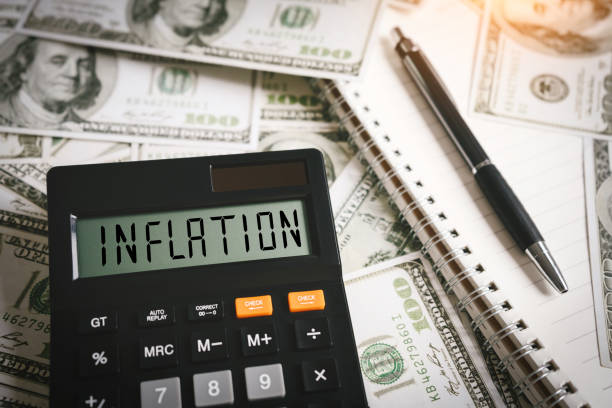Are you participating in an employer-sponsored retirement plan? If your company has one, consider yourself fortunate. But if you’ve been ignoring whatever your company is offering, this year make a resolution to get the facts.
A good retirement plan will allow you to defer taxes on whatever you contribute to your 401(k) account until you begin to withdraw money, presumably in your retirement. The amount of money you contribute is deducted from your salary when Uncle Sam is tallying up your taxable income for the year. Granted, you won’t see the money you contribute until you retire, but committing to a plan like this is one way of both saving on taxes and forcing yourself to save for the future. Taking money out before you’re 59 ½ usually results in a hefty excise tax, so don’t even think about it!
If your company offers any kind of a “match,” meaning it will throw in some money to match your contribution at a certain proportion, you are definitely leaving money on the table by not participating. For example, a company may match fifty cents on one dollar up to four percent of pay. That means that for every one dollar you put into the plan, your company will add fifty cents until your contributions reach four percent of your pay. Contributions and caps on the match vary by company – yours could be better or worse than this example.
A primary reason a retirement account is such a good idea is compounding interest. Add earned interest to the money you are contributing, plus an employer match, deduct the amount contributed from your taxable income, and you’re well ahead of the game.
Most 401(k) plans allow you to choose how to invest your money. The plan administrator provides a choice of investments, which may include cash equivalents, bonds, stocks or a mix. When choosing your investments, you can decide exactly how aggressive or conservative you wish to be. Most plans provide an advisor, or at least an online questionnaire, that will help you decide how best to diversify your portfolio.
IRS increased the contribution limit for employees who participate in 401(k) plans from $17,500 in 2014 to $18,000 for tax year 2015. The catch-up contribution limit for employees aged 50 and over who participate in 401(k) plans increased from $5,500 to $6,000, which is motivating to many baby boomers that are behind in saving for retirement.
It’s important to your financial security to take a fresh look at your financial situation every new tax year. People who wind up in a good place in retirement don’t often get there by accident. Sitting down with a tax professional to determine what you can do to minimize your tax burden this year and take advantage of every tax deduction and credit available to you is just good sense.
Thanks for reading CPA Practice Advisor!
Subscribe Already registered? Log In
Need more information? Read the FAQs
Tags: Benefits, Financial Planning



